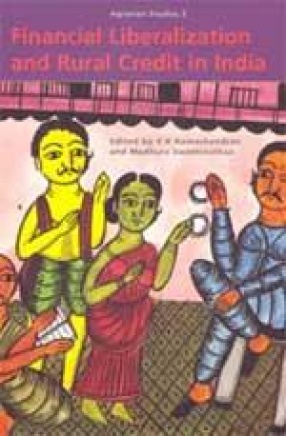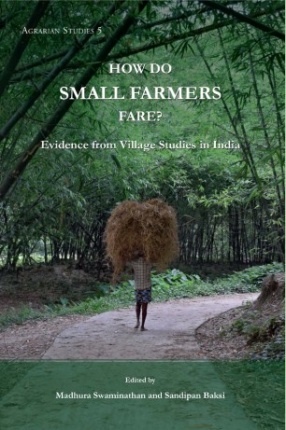
Madhura Swaminathan

Showing all 8 books
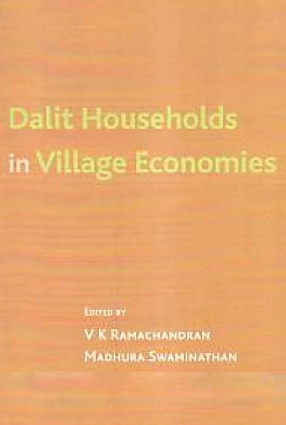
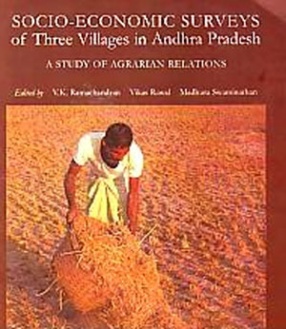

This volume examines the characteristics and viability of small producers in different agro-ecological regions of India, locating them in the broader context of the capitalist development of Indian agriculture. As in many developing countries, agriculture in India has been dominated by peasant farming, with a little less than half of total operated area under small holdings. In the voluminous literature on small farms and small farmers, there is a distinct ...
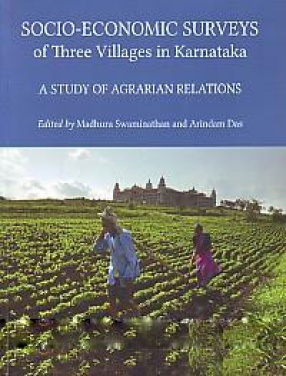
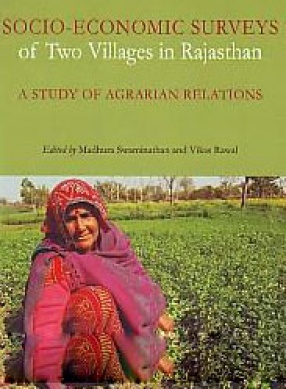
This is the second in a series of field reports on village surveys conducted by the Foundation for Agrarian Studies. This report deals with agrarian relations in two villages of Rajasthan: Rewasi in Sikar district and 25 F Gulabewala in Sri Ganganagar district. It presents an analysis of statistical data collected through census-type surveys conducted in both villages. The focus of the study is on differences across socio-economic classes and social groups in ...

Caste is an institution of oppression and social discrimination specific to South Asia, more so to India. Central to the caste system were the status assigned to the Dalit people and the criminal practice of untouchability. Caste is embedded in production relations. It is an impediment to the growth of the productive forces, and a bulwark against the revolutionary overthrow of the ruling classes.
Although there have been, in recent years, new scholarship and new ...

Study undertaken as part of the Foundation's Project on Agrarian Relations in India.

The transformation of rural societies in the third world in the era of globalization is one of the most significant processes of social change in the contemporary world. The majority of the people of less-developed countries are still rural, their lives and work bound up with the relations of production in rural economies. The accelerated introduction of polices of stabilization and structural adjustment in the 1980s and 1990s have had wide-ranging and profound ...
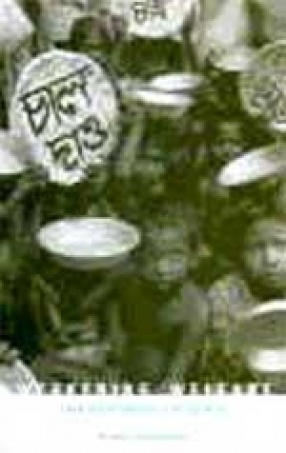
This book is a powerful argument for expanding and strengthening the public distribution system in a country where hunger, poverty and malnutrition are as endemic as in India. The reigning orthodoxy of structural adjustment, however, preaches exactly the opposite. This book is a sharp indictment of food policies of the liberalization era. It demonstrates how these policies will worsen food and nutrition security among the vast majority of the Indian people. ...
